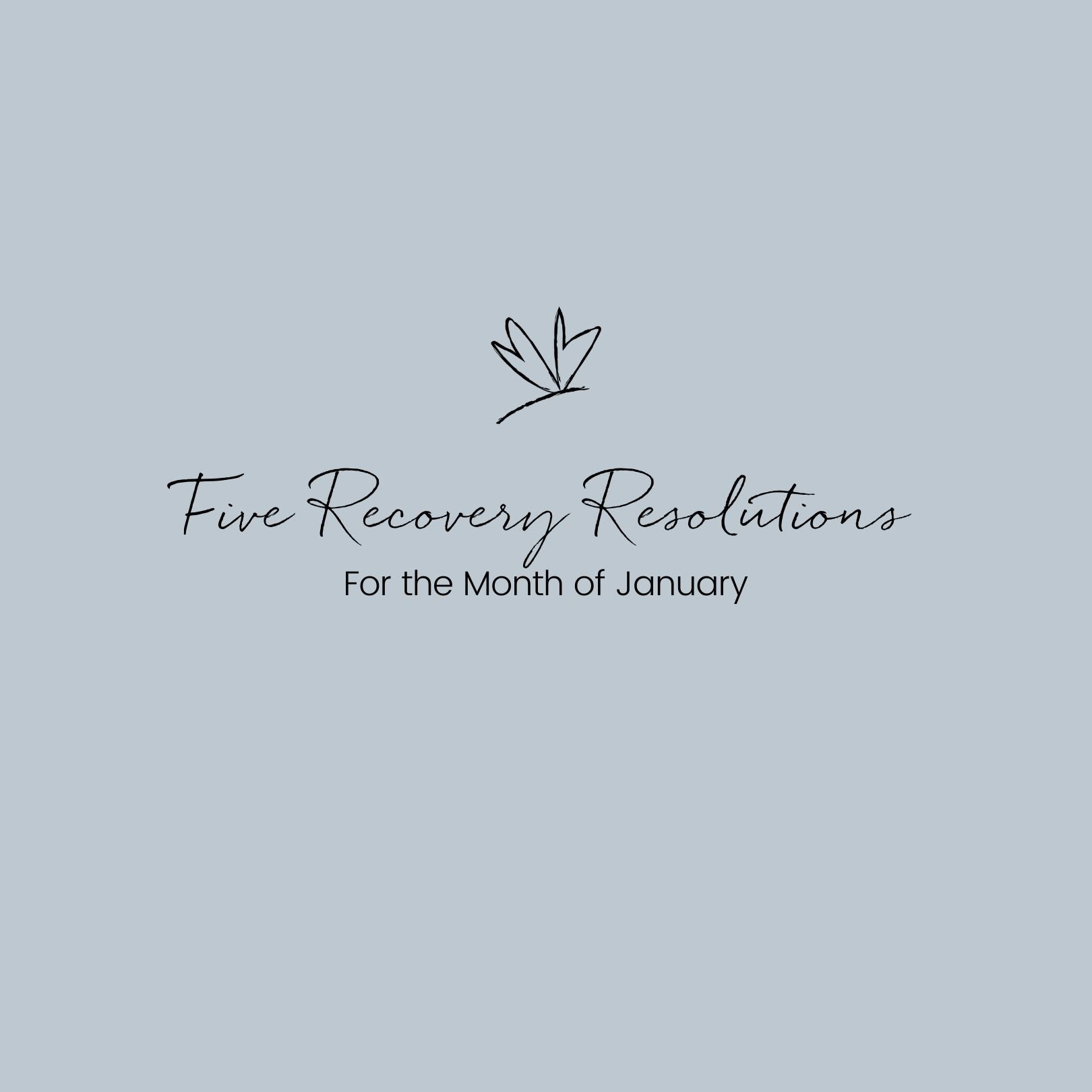What does an eating disorder look like in the workplace?
We all know that you’d be able to spot the colleague with a broken arm.
Visible illnesses and issues make it easier for us to offer sympathy, and to accommodate for the needs of another.
But what if you can’t identify the suffering of a fellow employee so visibly?
How do we help those whose issue might be somewhat hidden, or those who are ‘helping others’ in their domestic world?
In our pursuit of increasing understanding of eating disorders within business environments, we’ve had a number of conversations where a company’s owner or HR specialist has claimed: ‘I’m pretty sure I’d know if my employee had an eating disorder’, or, perhaps worse ‘no, I’m sure we’ve never seen a member of staff who has been affected by an eating disorder’.
Statistically, the reality is that a large number of workplaces could have an employee who is battling some level of disordered eating.
Moreover, those who may not be dealing with one themselves, might just as easily be contending with issues of this nature back home (and worrying themselves sick in the process).
Let this be a reminder that eating disorders do not have a precise look.
Body composition is not the lone indicator of whether someone has a disordered relationship with food and is having to manage a pernicious mental health illness.
Equally, you wouldn’t necessarily know that your colleague was supporting a child or spouse with an eating disorder.
So how can you help if you don’t know for sure whether someone in your business ‘family’ is affected by this devastating disease?
At the very least, you can be mindful of your conversation, your perceptions, and your behaviours.
You can be sure that if someone is struggling, then hearing excessive diet dialogue, body shaming commentary, or negatively referring to the mental health struggles of others, will be unhelpful on the one hand, and potentially triggering on the other.
And if that person chooses to disclose?
Great question.
Here’s where you do your best to self-educate on the issue, to develop empathy, and to consider how you can be a supportive voice at their time of pain.
We are proud to be stepping into companies and offering professional development sessions to increase knowledge.
It’s one small way in which we can encourage business owners and their staff to really and truly ‘get’ that eating disorders need more compassion and comprehension than to ‘assume’ they’re a self-inflicted behaviour, or that they only represent in an individual being emaciated and malnourished.
If we can help you and your business by delivering some training, please do let us know.
Contact us by emailing hello@wednesdayschild.co.uk
- Jan 2020





